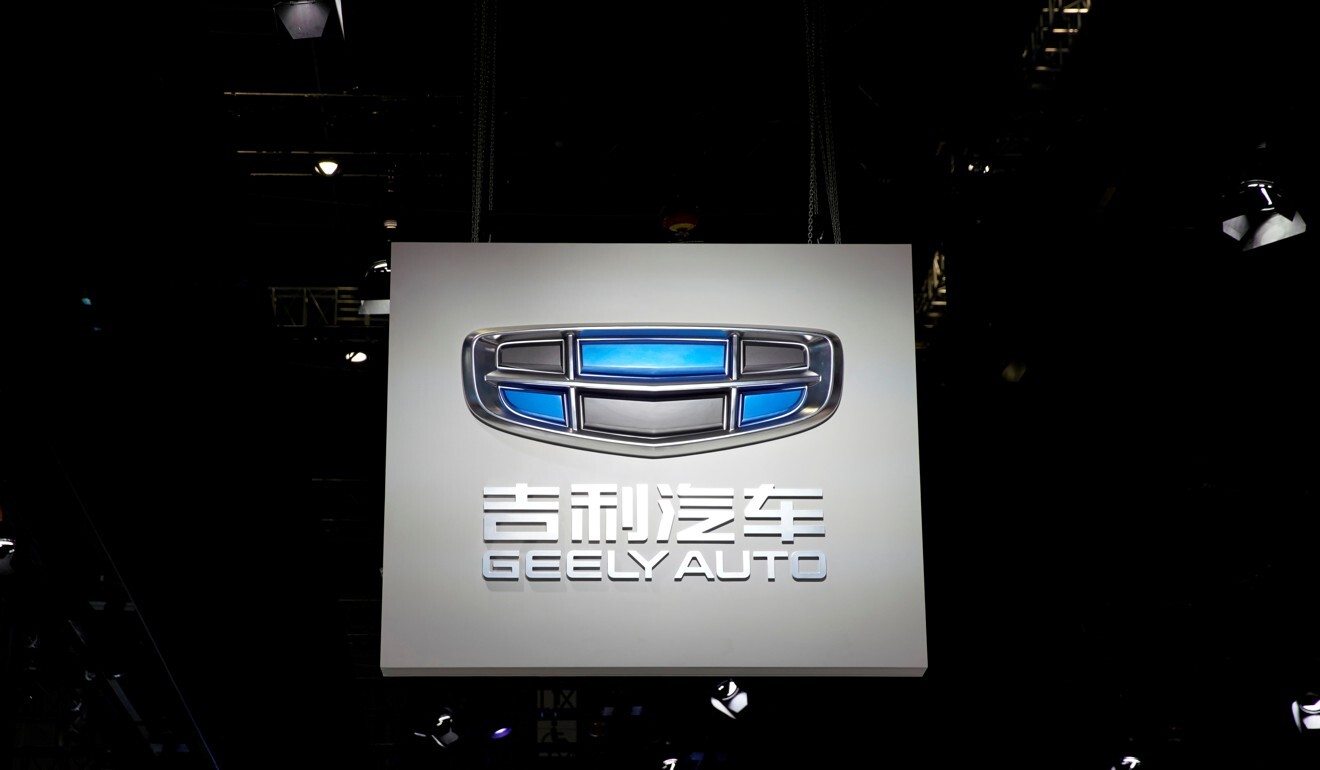
Geely Auto leads Hang Seng Index 1.5 per cent higher as investors shrug aside rising global coronavirus infections
- Market sentiment was also boosted by strong activity in China’s manufacturing sector as economic rebound continued in the fourth quarter
- The CSI300, which tracks the biggest companies on Shanghai and Shenzhen bourses, closed 0.5 per cent higher
Hong Kong and China markets started the first trading day of the month on a positive note following a sell-off last week, as investors shrugged off rising global coronavirus infections.
“The Hang Seng Index was oversold last week and has rebounded from the key support level at around 24,000,” said Kenny Wen, wealth management strategist at Everbright Sun Hung Kai.
The Caixin/Markit manufacturing purchasing managers’ index (PMI) rose to 53.6 in October from 53.0 in September, above the Bloomberg survey expectation for a slight decline to 52.8, and to its highest level since January 2011. The survey confirmed the result of the official manufacturing PMI released by the National Bureau of Statistics on Saturday, which declined slightly to 51.4 from 51.5, but continued to show strong activity in the sector.
While China’s manufacturing activity continues to expand, the private sector and labour market remained under pressure, so more expansionary fiscal moves and targeted credit easing can be expected, analysts at China Renaissance led by Bruce Pang said in a report on Monday.
“We expect accommodative monetary policies, with more focus on targeted easing and improving the transmission mechanism to flow to the real sector, while fiscal policies will be more expansionary to stabilise the labour market as well as support households and SMEs [small and medium-sized enterprises],” the China Renaissance analysts said.
Chinese electric car maker BYD Company surged 12.7 per cent. Last week, the Shenzhen-based company reported net profits for the third quarter surged to 1.75 billion yuan (US$261.3 million), up from about 120 million yuan a year earlier.

Chinese financials also rose, with ICBC adding 3.9 per cent and China Construction Bank gaining 3.6 per cent. Bank of China also added 3.3 per cent.
The Hang Seng Tech Index of top 30 technology stocks rose 0.7 per cent, led by a 3.6 per cent increase in BYD Electronic. Benchmark heavyweight Tencent inched up 1.8 per cent to HK$601.50, while Alibaba, the owner of this newspaper, added 1.6 per cent to HK$297.80.
On the CSI300, Shenzhen Inovance Tech, which manufactures industrial automation control products, powered the gainers with a 20 per cent surge.
Two stocks started trading on the Hong Kong and Shanghai bourses for the first time.

